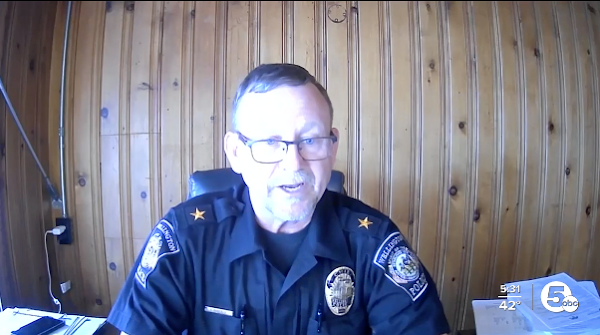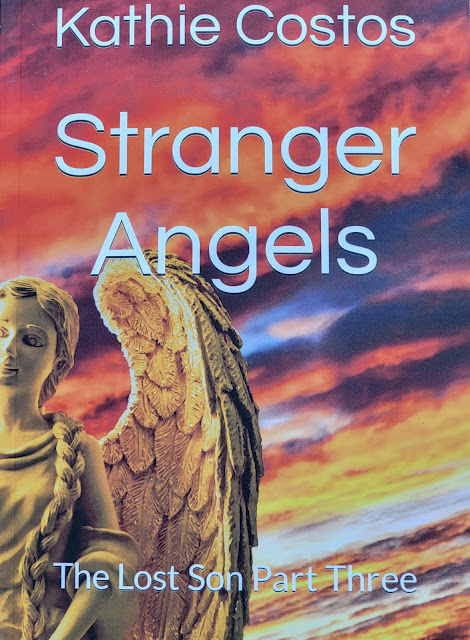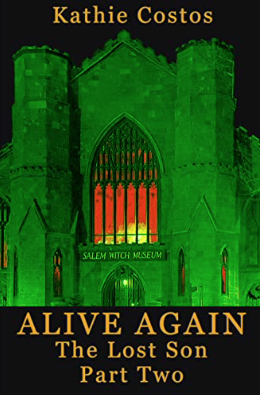Kathie Costos
June 16, 2022
You may have heard humans only use 10% of their brains. Easy to accept that idea, considering how we are aware of so many remarkable people able to do things we cannot. We all believe in rumors and when we hear something we know we heard before, we don't question it. It allows us to assume they have unique minds, far beyond what is "normal" to the rest of us. It is the same thing with #PTSD. If we see someone who seems to be fine after surviving what caused PTSD in us, we think they have stronger minds than we do.
According to a survey from 2013, around 65 percent of Americans believe that we only use 10 percent of our brain.
But this is just a myth, according to an interview with neurologist Barry Gordon in Scientific American. He explained that the majority of the brain is almost always active.
The 10 percent myth was also debunked in a study published in Frontiers in Human Neuroscience.
One common brain imaging technique, called functional magnetic resonance imaging (fMRI), can measure activity in the brain while a person is performing different tasks.
Using this and similar methods, researchers show that most of our brain is in use most of the time, even when a person is performing a very simple action.
A lot of the brain is even active when a person is resting or sleeping.
You may be wondering, what does this have to do with #PTSD? A lot! If you believe only a tiny percentage of your brain works, you settle for what you think you can't do. You don't look for new possibilities or new things to learn. With PTSD, if you believe you have no power to do anything about it, you don't.
Think about everything that goes on in your brain. Now think of all the treatments out there that your brain needs to heal, just as much as parts of your body need to heal from wounds you can see. Just because you cannot see the wound of PTSD with just your eyes, you can see what it does to you. It may not make sense until you can see it with your own eyes. Well, actually, you can.
Scientific America
MRI studies conducted over the past two decades have found that PTSD patients with dissociative amnesia exhibit reduced activity in the amygdala—a brain region that controls the processing of emotion—and increased activity in the prefrontal cortex, which controls planning, focus, and other executive functioning skills. In contrast, PTSD patients who report no lapse in their memories of trauma exhibit increased activity in the amygdala and reduced activity in the prefrontal cortex.The article, "Forgotten Memories of Traumatic Events Get Some Backing from Brain-Imaging Studies," is about how child abuse survivors have memories trapped, resurfacing as recovered memories. There were a lot of controversies about this because some therapists were introducing memories. This caused a great deal of research into proving how recovered memories could actually be real. In other words, like hunting for monsters under your bed when you were a child, you're hunting for the ones that hitched a ride in your brain but hide themselves in the darkness of your mind.
“The reason for these differences in neuronal circuitry is that PTSD patients with dissociative symptoms such as amnesia and depersonalization—a group comprising somewhere between 15 and 30 percent of all PTSD patients—shut down emotionally in response to trauma,” says Ruth Lanius, a professor of psychiatry and director of the PTSD research unit at the University of Western Ontario, who has conducted several of these MRI studies. Children may try to detach from abuse to avoid intolerable emotional pain, which can result in forgetting an experience for many years, she maintains. “Dissociation involves a psychological escape when a physical escape is not possible,” Lanius adds.

























